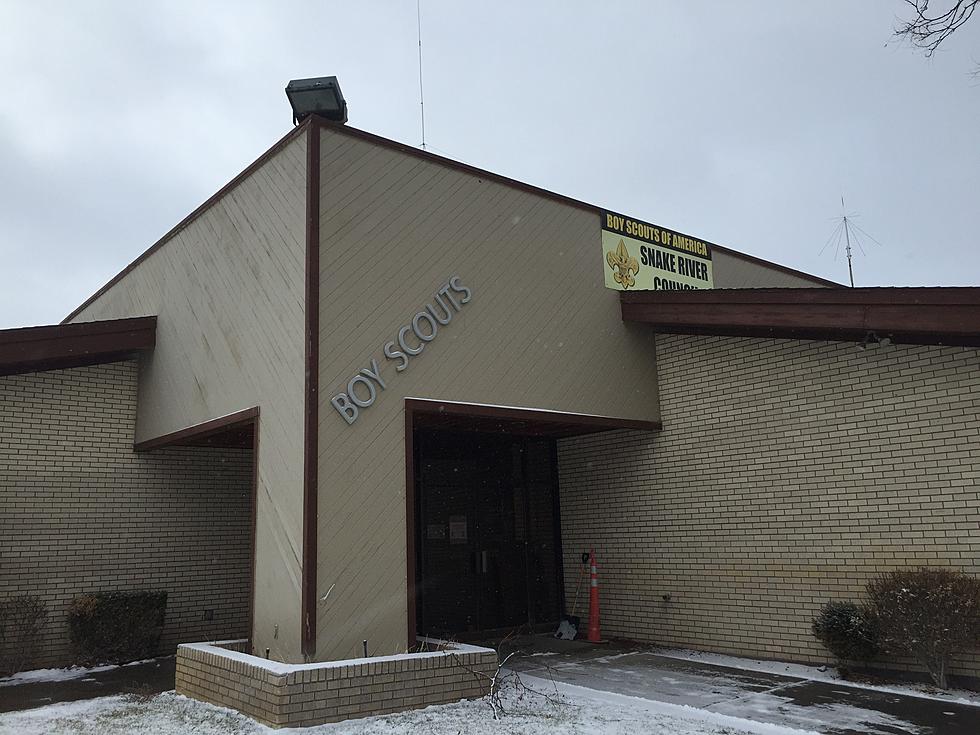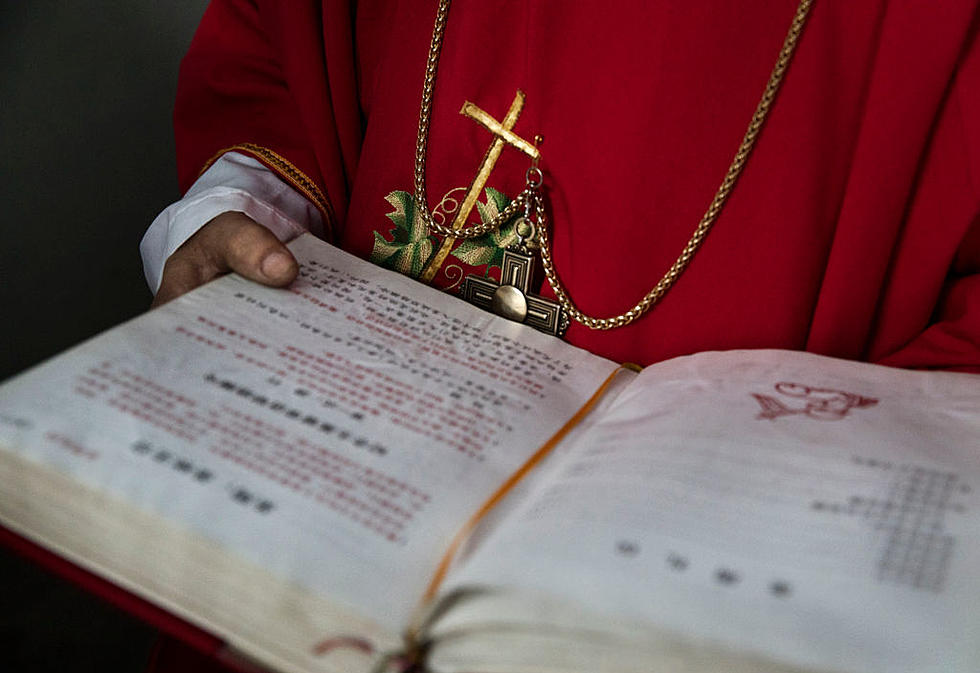
Mormon Leader’s Remark on Sexual Misconduct Draws Criticism
SALT LAKE CITY (AP) — The Mormon church faced more criticism Monday about its approach to sexual abuse after a top leader praised the #MeToo movement but referred to sexual misconduct as "non-consensual immorality," a remark that some say could be interpreted as victim blaming. Quentin L. Cook, a member of a top church governing body, made the comment this weekend in the only mention of the topic during a two-day Mormon conference despite the church facing heavy scrutiny over accusations that a former prominent missionary leader sexually assaulted two women in the 1980s. Cook was giving a speech about righteousness Sunday, days after The Church of Jesus Christ of Latter-day Saints announced updated guidelines for reporting sexual abuse. "It is commendable that non-consensual immorality has been exposed and denounced," said Cook, a member of the Quorum of the Twelve Apostles. "Such non-consensual immorality is against the laws of God and of society. "However, those who understand God's plan must also oppose consensual immorality, which is also a sin," he said of the faith that teaches that sex outside marriage is a sin. Even if Cook had good intentions, it was a poor choice of words that reflects the church's lack of education about appropriate ways to discuss sexual misconduct, said Natasha Helfer Parker, a Mormon who is a certified sex therapist in Wichita, Kansas. Victims of sexual abuse should not be grouped with "immoral" acts, she said.
More From News Radio 1310 KLIX









